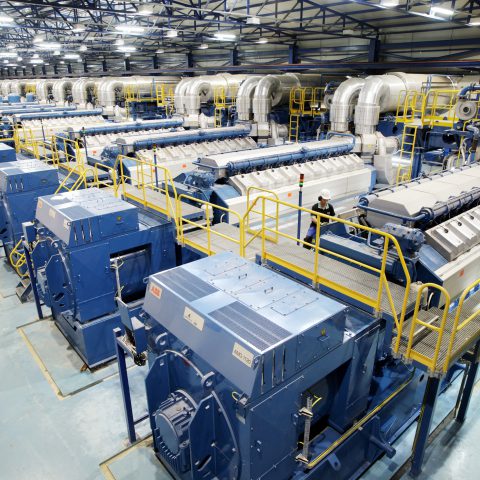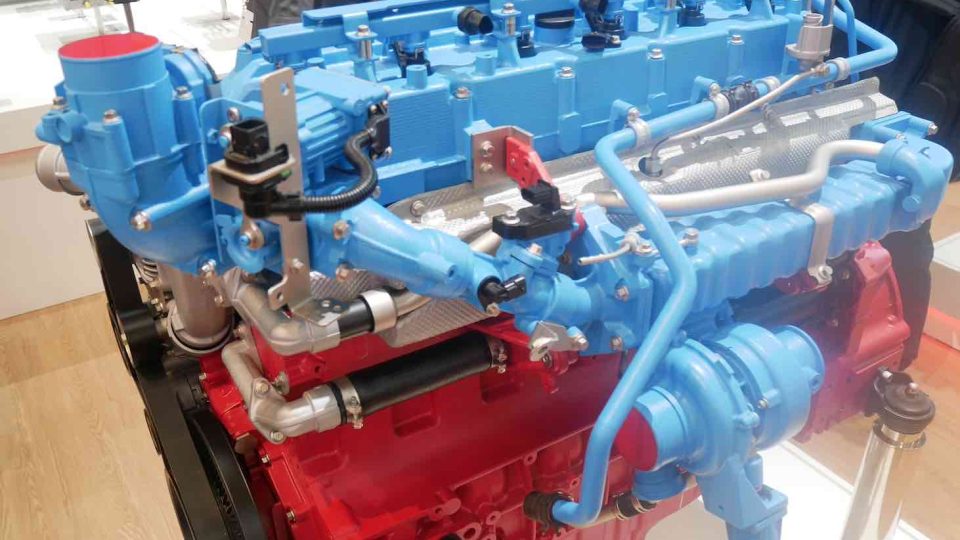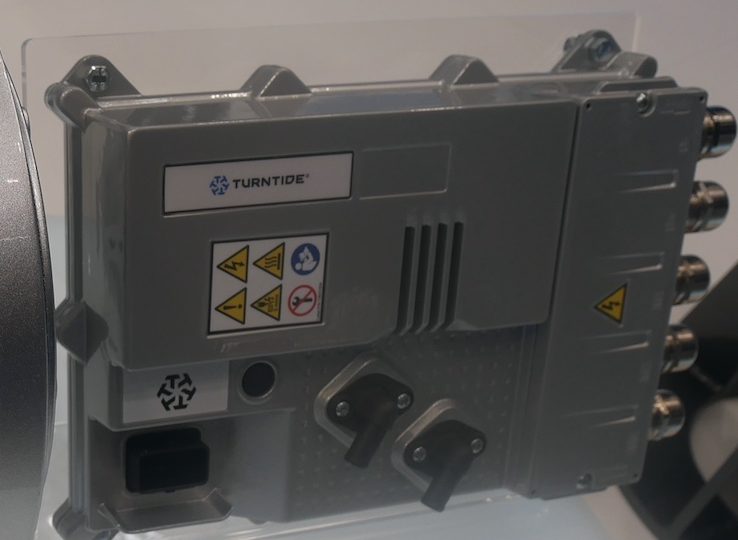Wärtsilä supplies power plants to Brazil and energy storage system to Bahamas
The technology group Wärtsilä will supply three gas engine power plants with a combined output of 150 MW to Brazil and an advanced energy storage system for Bahamas Power and Light Company (BPL)

The technology group Wärtsilä will supply three gas engine power plants with a combined output of 150 MW to Brazil and an advanced energy storage system for Bahamas Power and Light Company (BPL). The Brazilian plants are scheduled to be operational in the second quarter of 2022. The electricity produced by the thermal balancing power plants will be fed to the national grid assuring system reliability, for instance, during times of adverse weather conditions. The contracts include altogether 16 fast-starting and flexible Wärtsilä 20V34SG gas engine generating sets. The projects will be delivered to existing power plant sites, as well as to a new power plant in Espírito Santo, a state in Southeast Region of Brazil. Wärtsilä gas power plants operate on natural gas, the cleanest fossil fuel available. They feature high efficiency at any load, providing plant efficiency levels of up to 50 percent in simple cycle, and up to 54 percent in combined cycle mode. Their unmatched flexibility is highlighted by the fact that they can reach full output power within minutes of the start signal, which is an essential benefit in systems that wish to integrate higher levels of renewable energy. Flexible Wärtsilä gas engine power plants can utilise natural gas, LPG, synthetic fuels and various bio-gas fuels. Power plants which initially run on natural gas, can switch to operate on sustainable decarbonised fuels as and when these sources become available.
Wärtsilä and Bahamas towards a decarbonised future
Wärtsilä will supply a 25 MW/27 MWh advanced energy storage system for Bahamas Power and Light Company (BPL). In combination with a 132 MW power plant operating on seven Wärtsilä 50DF dual-fuel engines supplied to BPL in 2019, the integrated Wärtsilä solution will provide the Bahamas with an optimised energy system that meets Bahama’s spinning reserve requirements, while significantly improving generation efficiency and system reliability for the island’s grid. The combination of flexible power generation and energy storage will support the Government of the Bahamas’ plans to increase its share of renewable sources, notably solar, by 30 percent by 2030. Renewables hold the key to decarbonising the energy sector. Wärtsilä’s mature flexibility solutions manage surges in demand and/or rapid variations in the supply of renewable energy through energy storage and thermal balancing power plants, demonstrating that the technologies for achieving decarbonisation are available and commercially viable.
With island grids, such as that of the Bahamas, grid resilience is critical. The balance between load and power generation needs to be constantly maintained to guard against instability caused by sudden load changes or extreme weather. Energy storage provides spinning reserve and grid stability, with constant management of an island’s grid’s operations. The Wärtsilä energy storage system will deliver notable benefits via spinning reserve support for the existing engine generating sets. This application will enable the engines to be run optimally, thereby reducing the overall fuel consumption, lessening exhaust emissions, and effectively lowering engine maintenance costs.









